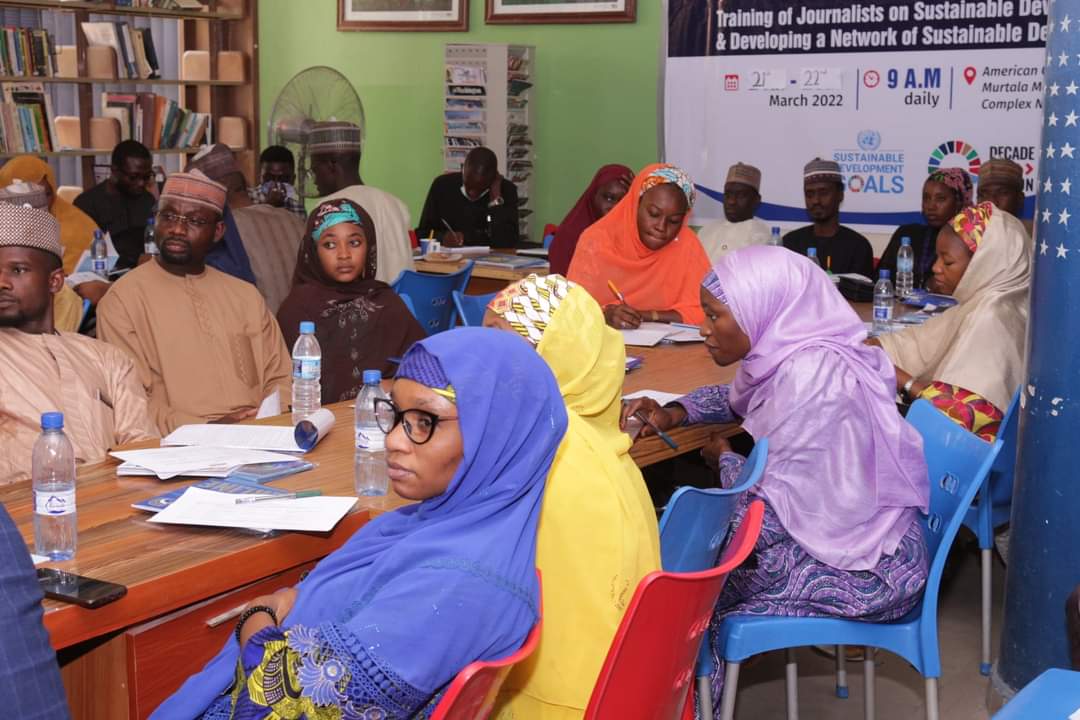Empowering inclusion: Collaborative strategies towards SDGs with persons with disabilities
By Ibrahim Tukur Every December 3rd marks the International Day of Persons with Disabilities—an annual global celebration aimed at advocating for the rights, fostering understanding, and promoting inclusive actions for…



